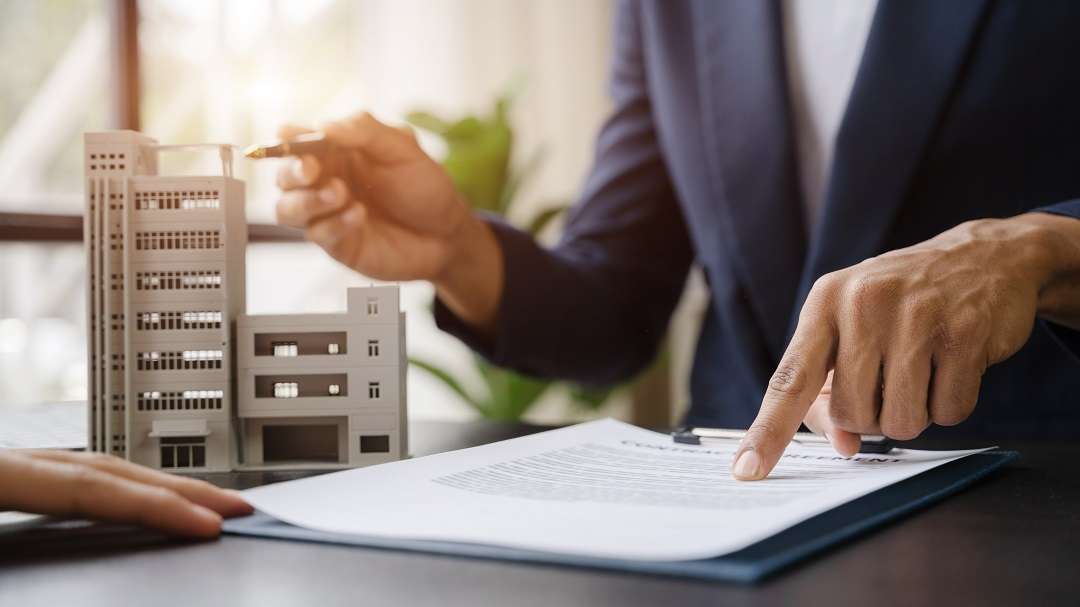Sustainability is no longer an optional consideration within the commercial property market. As environmental regulations tighten, energy performance standards evolve and businesses strive to meet corporate social responsibility targets, sustainability has become a central element of modern commercial leasing. Increasingly, leases now include “green clauses” — contractual provisions designed to promote energy efficiency, reduce waste, minimize environmental impact and ensure compliance with regulatory requirements.
However, while these clauses offer substantial long-term benefits, they also introduce new responsibilities for both landlords and tenants. Understanding these obligations is essential for ensuring legal compliance, preventing disputes and making informed decisions about your commercial premises.
This article provides a comprehensive overview of how sustainability is shaping modern commercial leases — and what you need to know before entering into or renewing one.
The Increasing Importance of Sustainability in Commercial Property
Sustainability is becoming a key priority for businesses across the UK. Several factors are driving this shift:
- Regulatory pressures, such as Minimum Energy Efficiency Standards (MEES)
- Rising energy costs, creating a financial incentive to improve efficiency
- Corporate ESG commitments, now expected by investors, customers and employees
- Growing demand for greener buildings, particularly among tech, finance and professional services firms
As a result, commercial leases are evolving to reflect environmental expectations. Landlords and tenants must now consider whether their premises and contractual arrangements align with both current and future sustainability requirements.
Our team can support you through this process via Commercial Property Solicitors.
What Are Green Lease Clauses — and Why Are They Used?
Green lease clauses are contractual terms inserted into commercial leases to encourage — or sometimes mandate — environmentally responsible behaviour. These provisions may relate to:
- Energy-efficient building operation
- Waste management and recycling systems
- Sustainable refurbishment or fit-out practices
- Monitoring and sharing of energy consumption data
- Installation or maintenance of low-carbon systems
- Restrictions on environmentally damaging alterations
Their purpose is twofold:
(1) To reduce the environmental footprint of commercial buildings, and
(2) To protect both parties from the financial impact of future regulatory changes.
For more detailed guidance on negotiating or reviewing green lease clauses, explore our Commercial Leases page.
Landlord Responsibilities in Sustainable Leasing
Landlords hold primary responsibility for the structural and operational efficiency of the building. As such, many green lease clauses focus on landlord-led initiatives.
Key responsibilities may include:
Ensuring Energy-Efficient Building Performance
This may involve installing or upgrading:
- Insulation
- Windows and glazing
- HVAC systems
- Lighting systems
- Renewable energy solutions such as solar panels
Compliance with MEES and EPC Ratings
Landlords must ensure that the property meets minimum EPC rating requirements. Failure to comply may prevent them from legally renting out the premises.
Monitoring and Reporting Energy Data
Many green leases require landlords to share data on:
- Energy consumption
- Carbon emissions
- Waste handling
- Water usage
Managing Sustainable Communal Areas
This includes recycling facilities, EV charging stations, bicycle storage and green landscaping.
Understanding these responsibilities is critical, especially when negotiating service charge provisions or assessing a landlord’s obligations during renewal.
Tenant Responsibilities under Green Lease Provisions
Tenants also play a crucial role in ensuring that sustainability goals are met. Their duties typically relate to the operational use of the premises.
Key responsibilities may include:
Using and Maintaining Efficient Equipment
Tenants may be required to use:
- Low-energy lighting
- Energy-efficient appliances
- Environmentally compliant materials during fit-outs
Supporting Waste Reduction Initiatives
This could include:
- Recycling schemes
- Responsible disposal of commercial waste
- Reducing paper consumption
- Minimizing water usage
Reporting Consumption and Environmental Data
Tenants may be obliged to share data on their own:
- Energy use
- Waste production
- Environmental performance
Avoiding Harmful Alterations or Installations
Fit-outs or modifications must not undermine the building’s efficiency.
These responsibilities can have cost and operational implications, which is why careful legal review is essential.
The Financial Impact of Sustainability Obligations
Both landlords and tenants may face financial implications as a result of increasing sustainability requirements. These may include:
- Capital expenditure for upgrades
- Higher service charges related to environmental management
- Installation of monitoring systems
- Repairs or improvements required for compliance
- Potential penalties for non-compliance with MEES or environmental laws
Before entering into a commercial lease with green clauses, both parties should assess whether the proposed obligations are:
- Clear
- Fairly allocated
- Proportionate
- Financially manageable
For clarity on associated costs, please visit Commercial Lease Legal Fees.
How to Negotiate Sustainability Clauses Effectively
Green lease clauses must be drafted in a way that is fair, practical and enforceable. Negotiating these terms requires careful legal precision.
Considerations may include:
- Whether obligations should be mandatory or aspirational
- How costs are shared between landlord and tenant
- What data must be monitored and how it should be reported
- Whether future regulatory changes should trigger renegotiation
- Who is responsible for environmental upgrades
Our specialist solicitors at Kaiser Solicitors can negotiate these terms to ensure you are not exposed to unnecessary costs or unrealistic obligations.
Conclusion
Sustainability is no longer a peripheral issue in commercial leasing — it is an integral part of how modern premises are designed, operated and legally regulated. Understanding the responsibilities of both landlords and tenants is essential for ensuring compliance, mitigating risk and securing a lease that supports your long-term operational goals.
Whether you are negotiating a new lease or reviewing an existing one, our experienced commercial property solicitors can help ensure that your interests are safeguarded throughout the process.


